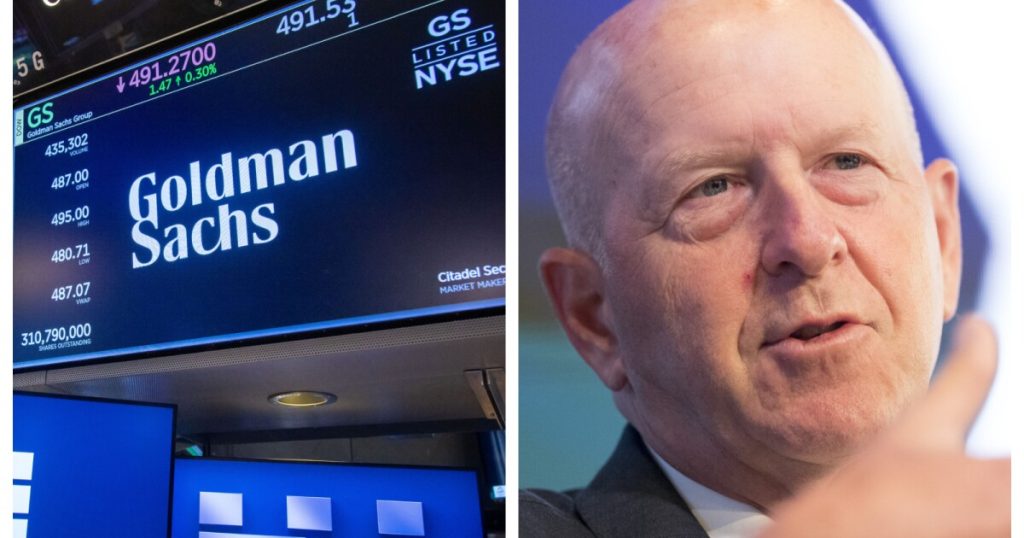The smaller margin of support at
The weaker-than-normal results at two publicly traded banks could be a sign that more lenders are likely to face dissent over their executive-pay decisions — either in the coming weeks, as annual-meeting season continues, or next year, when boards of directors may have to contend with the impact of a sagging economy.
Jun Frank, global head of compensation and governance advisory at ISS-Corporate, told American Banker that executive-compensation decisions tend to draw more opposition when the companies use greater discretion, rather than tying pay to hard metrics.
Some companies are starting to make more discretionary decisions this year, but the trend will likely become more obvious in 2026, Frank said. Weaker market conditions could lead board compensation committees to tie pay less to objective performance measures.
“So next year we might see a lot more pushback,” said Frank, whose business unit advises corporations and is separate from the part of Institutional Shareholder Services that makes vote recommendations to shareholders.
This year, say-on-pay resolutions at
ISS recommended that Bank of America, Truist Financial and KeyCorp shareholders vote against those banks’ say-on-pay measures.
BofA, which held its annual meeting on Tuesday, said its say-on-pay resolution received majority support, but it has not yet released the specific vote tally.
Charlotte, North Carolina-based Truist has scheduled its annual meeting for April 29. KeyCorp, headquartered in Cleveland, is planning to stage its yearly stockholder gathering on May 15.
To be sure, most banks that have already held their annual meetings this year received strong shareholder support for their executive pay packages, according to data compiled by ISS-Corporate.
At Fifth Third Bancorp’s annual meeting on April 15, the advisory say-on-pay resolution garnered 95% of the vote. Regions Financial, M&T Bank and Bank of New York Mellon all obtained more than 94% support. Even Huntington Bancshares, a relative laggard, got more than 86%.
Typically, say-on-pay resolutions draw more than 90% support, said Kelly Malafis, founding partner at Compensation Advisory Partners, a consulting firm that works with companies on pay issues.
“So even though anything about a 50% vote is passing, companies like to be in the 90s or the high 80s,” Malafis told American Banker. “And proxy advisory firms have guidelines.”
If a company receives less than 70% support in a given year, ISS expects to see evidence of what the firm characterizes as “compensation committee responsiveness” in the following year’s proxy statement, Malafis said.
“They expect the comp committee to engage with shareholders to find out why they got less than 70%, and to share that feedback in the proxy, and to tell the shareholders: Are they going to do anything differently?” Malafis said.
Glass Lewis, another leading proxy advisory firm, sets an even higher threshold, according to Malafis. “Anything below 80%, they expect those compensation committees to go out to shareholders again and find out why.”
Such efforts can be fruitful. In 2022, only 31% of JPMorgan Chase’s shareholders voted “yes” on the say-on-pay resolution. That vote followed a one-time award of $52.6 million in stock options to CEO Jamie Dimon.
The following year,
At
ISS had called the

